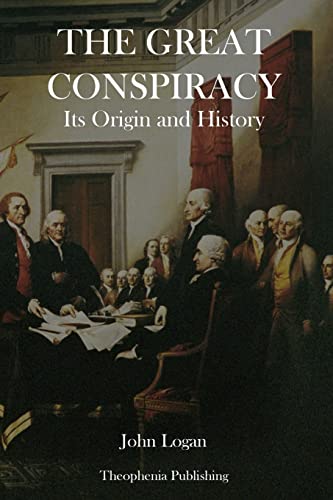Like Woodrow Wilson’s League of Nations — the victors imposing their order on defeated and newly-created ethnic “nations” in a utopian fashion — the later United Nations goal was to create the same and prevent future wars. Wilson naively believed that the League could prevent unethical behavior by states and use force to control them which did nothing but spark future wars. Today, formerly Christian nations in Europe have shed their historical identities to become merely market collectives with no borders, and populations of multi-ethnic tribes warring against each other.
Bernhard Thuersam, www.Circa1865.com The Great American Political Divide
Today’s Tower of Babel
“[Western] nations are obviously evolving into godless societies; they hail not the sovereignty of God but of man, and claim that religious beliefs are essentially detrimental to peace. But it takes only common sense to realize that atheism goes hand in hand with unfettered individualism.
Modern times are times of hostility to religion; it is no happenstance that they have also seen the birth of radical individual freedom. Epicurus long ago taught that there could be no society among men but that which obtains among small circles of friends; it is no happenstance that he also taught that there are no gods.
Inasmuch as a nation is a cohesive body whose members are the individual citizens, it needs some sort of cementing mortar to bridge the gap that the freedom of each unavoidably creates between them, and all the more as such freedom becomes absolute. Building such a bridge presupposes that all citizens participate in something . . . [that] transcends them all . . . binding them without oppressing them.
And since this is the very definition of a religious belief, it must be concluded that no nation exists that is not upheld by some religious faith. Nations are terrestrial vessels anchored in the skies.
But Europe used to believe in a religion that (even though the passions of men led them too often to ignore it) preached a love of one’s neighbor that did not imply hatred of foreigners. Indeed, classic orthodox Christianity always taught men to love their own countries together with all men, irrespective of their nationalities. But then it meant that, just as is the case for individuals, nations – though distinct entities – felt they were parts of the same world; not a political one, since they all retained some sort of independence, but a spiritual one, whose unity was manifested at the time by their common compliance with one spiritual authority.
Today, we have something paradoxically called the United Nations, whose more or less goal is to unite mankind in a worldwide society built on the ruins of all nations. It is our Tower of Babel.”
(The Agony of Nations in the West, Claude Polin, Chronicles, February 2016, excerpts, pg. 13)






